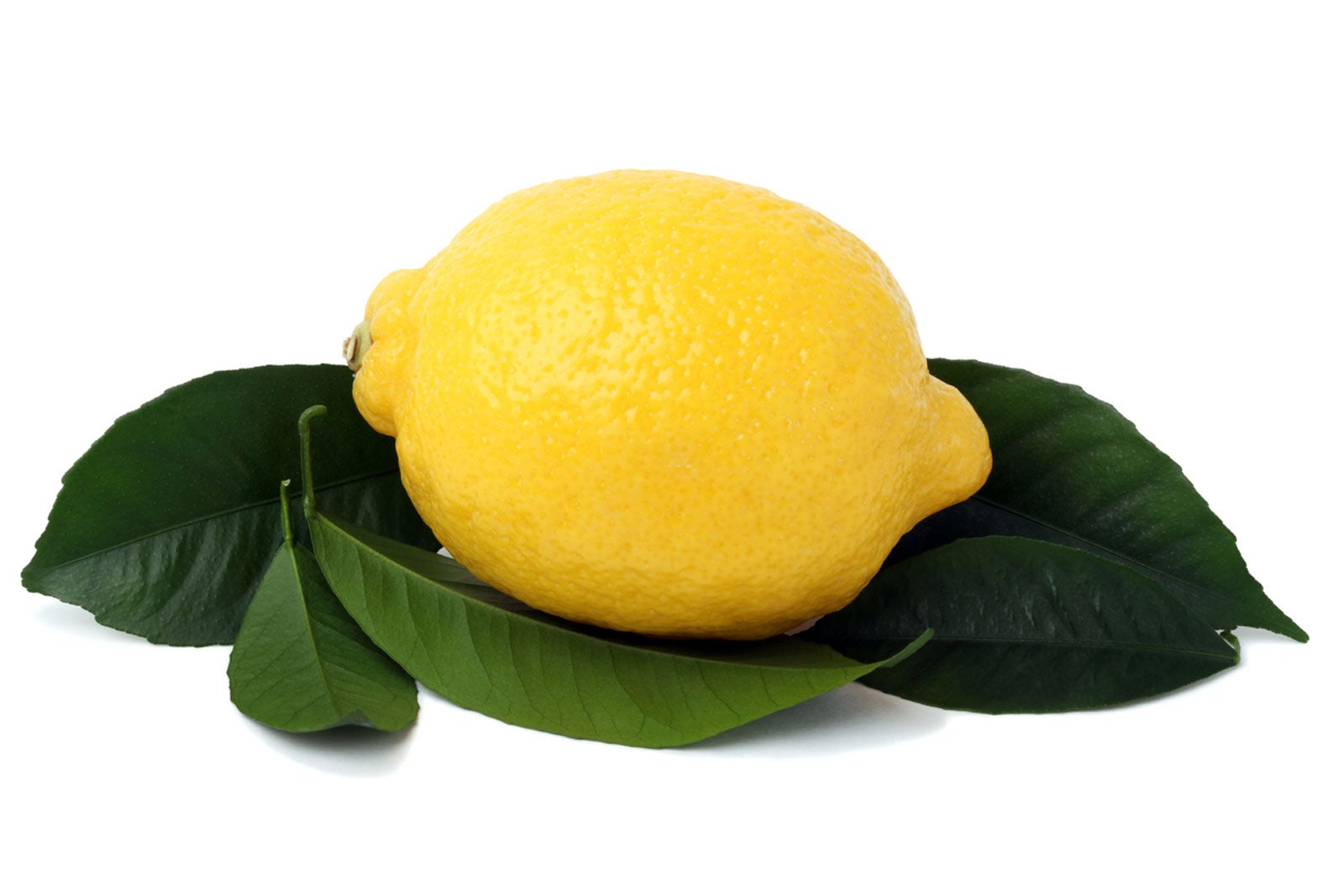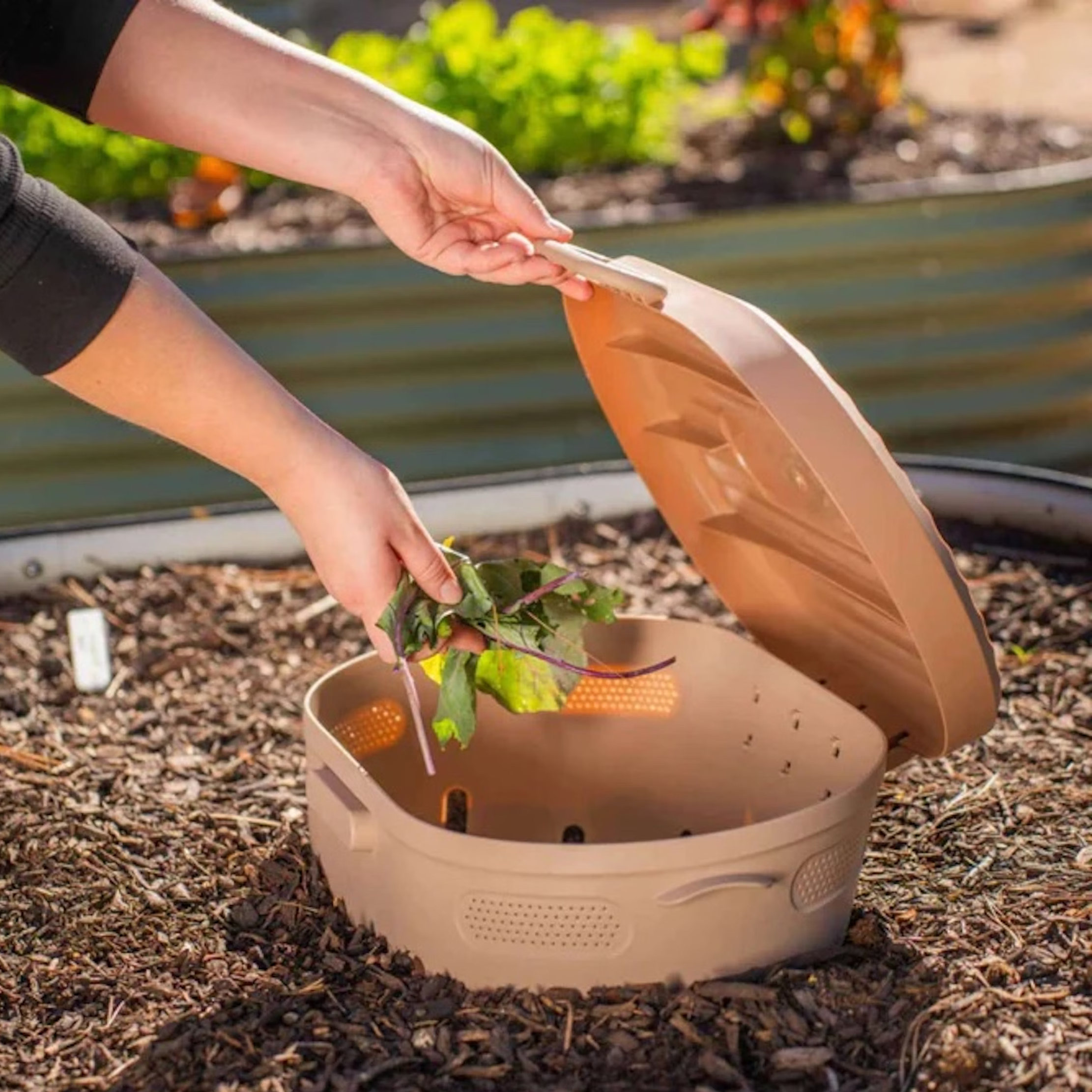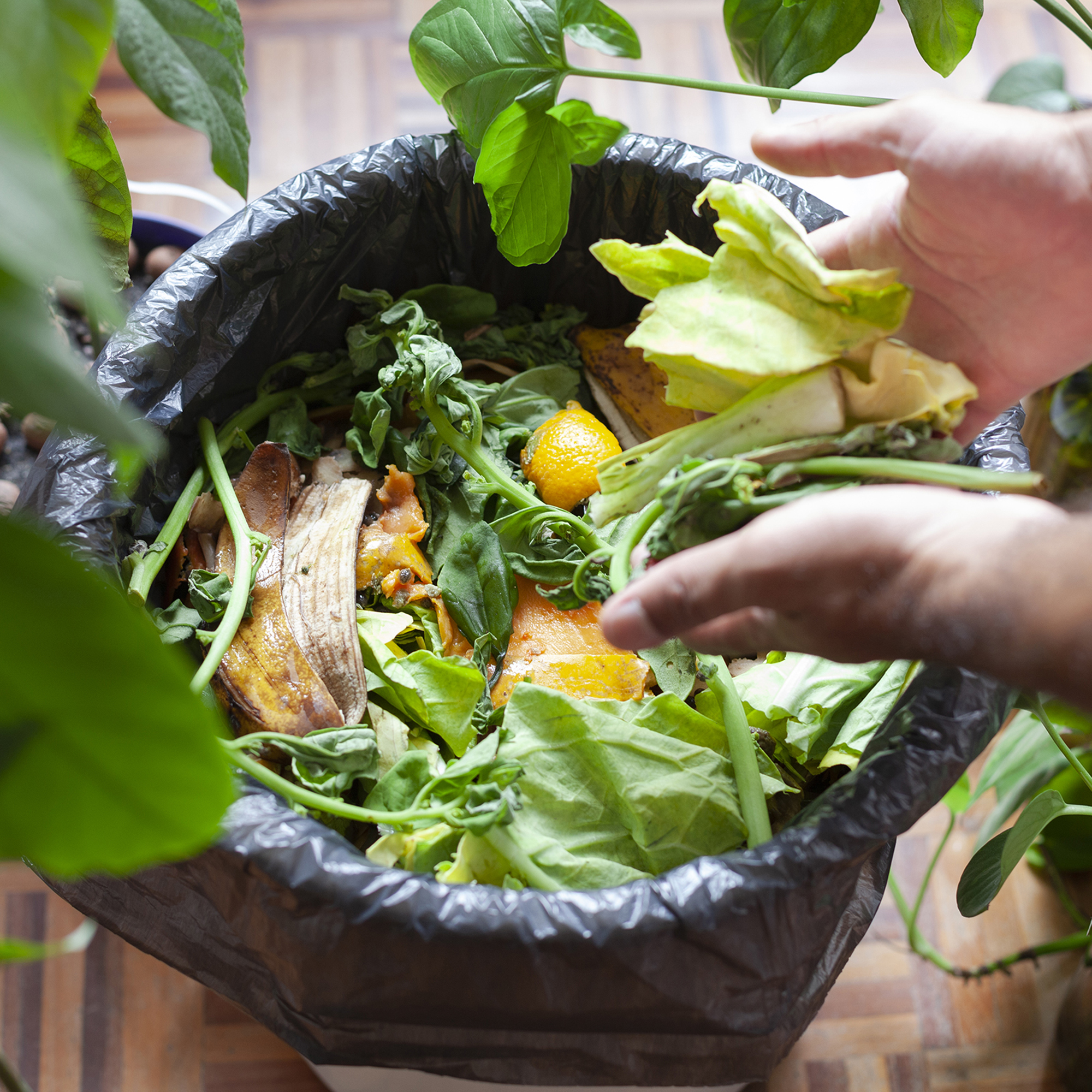Are Citrus Leaves Edible – Eating Orange And Lemon Leaves


Are citrus leaves edible? Technically, eating orange and lemon leaves is fine because the leaves aren’t toxic as long as they haven’t been treated with pesticides or other chemicals.
While citrus leaves smell fabulous, most people aren’t crazy about their bitter taste and fibrous texture, however, they convey delicious flavor and aroma to a variety of dishes, especially orange and lemon leaves. Take a look at a few of these ideas for using lemon leaves and other citrus.
How Can You Eat Citrus Leaves?
Citrus leaves are often used to wrap meatballs, chicken breasts, roasted pork, or seafood, which are then secured with a toothpick and grilled, steamed, or roasted. Orange leaf uses also include wrapping the leaves around chunks of smoked mozzarella, gouda, or other savory cheeses. Toss a citrus leaf into soups, sauces, or curries.
Using lemon leaves is much like using bay leaves, often with spices such as cloves or cinnamon. Citrus leaves pair well in salads or desserts with fruits such as pineapple or mango. They also make a fabulous garnish for lemony or orange-flavored desserts.
Both orange and lemon leaf uses can include hot, tangy tea. Crush the leaves and add them to a pot of boiling water. Let them boil for five minutes, cool, strain, and serve. Similarly, add young, tender leaves to hot cider, mulled wine, or hot toddies. You can even infuse citrus leaves in vinegar or olive oil.
Eating Orange and Lemon Leaves: Getting Fresh Leaves
Citrus leaves can be dried, but the leaves can be bitter and are much better used fresh. If you don’t live in a tropical climate, you can always grow a citrus tree indoors.
Meyer lemon, calamondin oranges, and other dwarf varieties are popular for indoor growing. You may need fluorescent bulbs or grow lights during the winter, as citrus trees require plenty of bright sunlight. Average temps of about 65 degrees F. (18 C.) are ideal.
Gardening tips, videos, info and more delivered right to your inbox!
Sign up for the Gardening Know How newsletter today and receive a free copy of our e-book "How to Grow Delicious Tomatoes".

A Credentialed Garden Writer, Mary H. Dyer was with Gardening Know How in the very beginning, publishing articles as early as 2007.
-
 Try The Trend – Turn Any Bed Into A Keyhole Garden With This Clever In-Ground Composter
Try The Trend – Turn Any Bed Into A Keyhole Garden With This Clever In-Ground ComposterKeyhole gardening is an efficient and sustainable practice that saves space. Get started on this DIY project quickly and easily with an in-ground composter.
By Bonnie L. Grant
-
 4 Superfast Composting Methods: Turn Waste Into Garden Gold In 30 Days Or Less
4 Superfast Composting Methods: Turn Waste Into Garden Gold In 30 Days Or LessTry the fastest composting methods to turbocharge your pile and transform kitchen scraps and garden waste into finished compost in just a few weeks.
By Mary Ellen Ellis